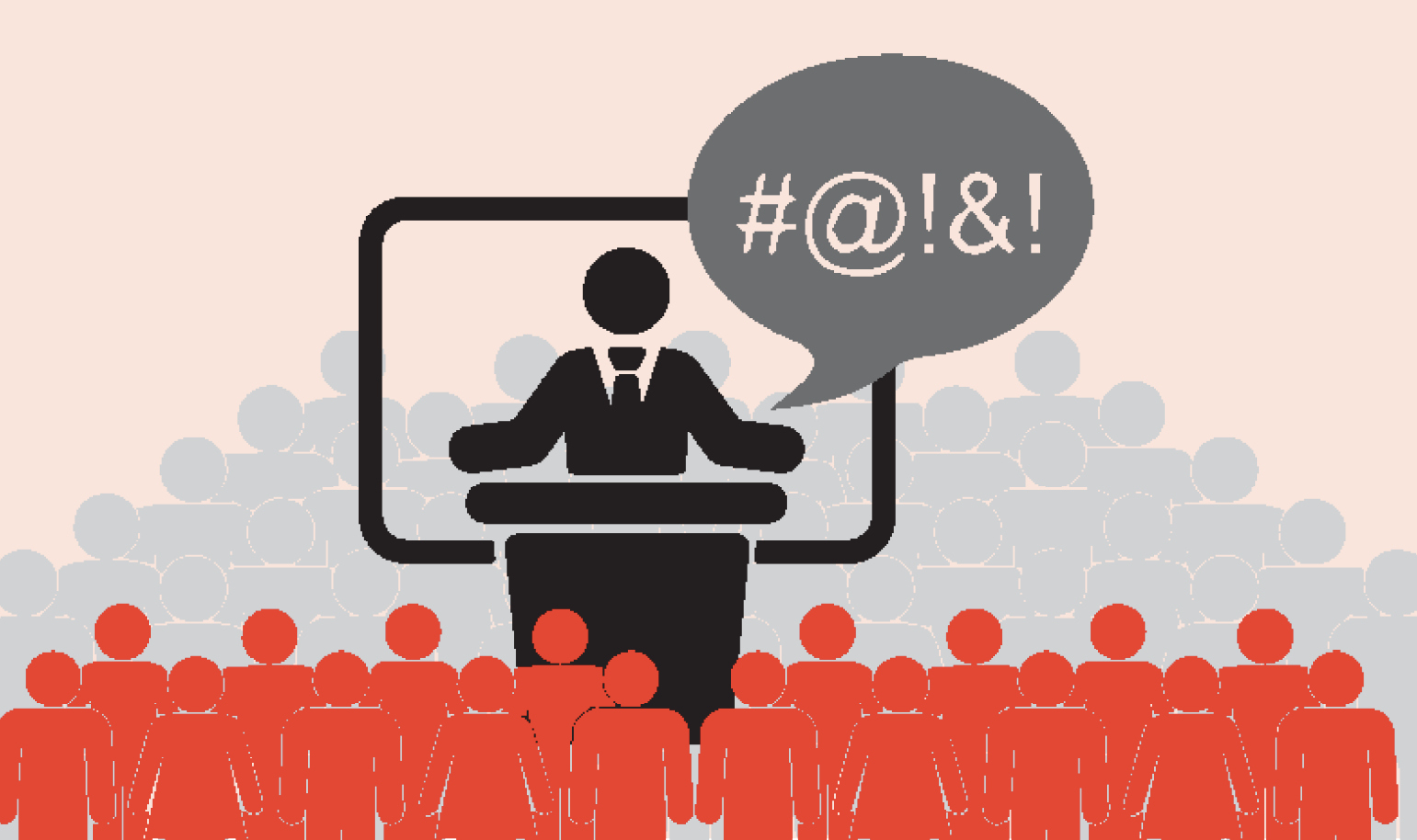In July 2021, I gave a speech that went badly. It wasn’t a great speech, not even a good one. It was positively terrible and I’m still ashamed of my performance. The audience said it was a brilliant talk, but I thought they were only being polite.
Accordingly, I’m going to tell you three things in this chapter: what happened, why it happened and how not to repeat my mistake.
- S’East PDP nominates Anyanwu as consensus candidate for National Secretary
- Septuagenarian dies during sex in Ogun
I was required to do only one thing – to read a brief biography of my friend who just became a professor and whose elevation we were celebrating. This should be easy, I thought, because I was only asked to read a story that I myself wrote about the same friend as a newspaper column eight years before.
But on my own, I added a second and a third thing: to discuss the impact the professor had on us when we were both students in graduate school and the sacrifice of his father who had to sell his car to send him to school.
Because the audience expected me to do one thing, and because the two things I added resulted from a last-minute decision, the speech was without conviction and impact. To make matters worse, the MC told me: “please Doctor hurry up. We don’t have time.” I should have ignored him. But I didn’t. Big mistake. I hurried. This threw me off my game and I stumbled upon the words – the words I wrote!
After I was done, I grudgingly left the podium and walked head down to my seat. As I passed friends on the way to my seat, I heard tepid “well done” and “good job”. But they only felt sorry for me. At least that is how I interpreted it.
My consolation is in the fact that many of those in the audience have witnessed some of my stirring speeches before. The types that when done, you walk on air for an entire week. The type that people talk about for many months.
So that was what happened. But why did the speech flop? Three things.
One, I prepared for weeks for that presentation, then I changed how I was going to do it at the last minute. The lesson here is to either do an impromptu or a prepared speech.
Two, I still could have pulled it off, if I wasn’t pressured by the MC. The lesson here is to ignore the MC because they don’t know what they are doing. I’ve been an MC many times and also didn’t know what I was doing. If you stick to your plan and deliver an excellent speech, the audience would want you to continue and the MC would stand aside – even if there is not much time left.
Three, and most importantly, I still could have done a good job if I had used the list structure. Forget the MC and my decision to switch at the last minute, if I had come to the rostrum and said “I have three things to do here today. One, I’m going to read this biography of Professor XYZ; two, I will tell you how his leadership helped us when we were in graduate school and finally mention his father’s immense sacrifice in getting him to where he is today.”
This way, immediately I started counting, the audience would count with me, which invites the audience’s participation, which gives me their attention and which makes my speech relatable. So don’t repeat my mistake.
Indeed of all the structures and templates in this book, the list structure is the simplest to use. Just tell your audience the three things you want to talk about (like I did in the first paragraph of this chapter) and start counting.
Do I still feel bad about that speech? Yes. But only slightly because I am in good company. I once sat in a room where Jerry Rawlings, the former president of Ghana, completely bungled a simple speech about a topic he knew more than everyone: politics in Ghana. Now, no one would question Rawlings’ oratory credentials. He was just having a bad day. So when this happens to you, don’t beat yourself up.
Remember what Nelson Mandela said: “I never lose. I either win or learn.”
Now I’ve shared what I learned with you.
The Sequel
My professor friend read this chapter after I published it and shared with readers. He protested and confirmed that the speech was good. Again, I honestly didn’t believe him. So He left me alone.
Then I travelled back home. He was also visiting and suggested that since my wife wasn’t in town, I should come and spend the night with him.
As we were dining, we started discussing someone else’s speech on that day. Then he gently suggested that he had videos of all the speeches and could I watch mine to see that there was nothing wrong with my talk? I grudgingly collected the laptop from him and watched.
I was shocked. Two things became immediately clear. One, I exaggerated the MC’s role in the flop. There was no indication in the video that the MC rushed me. But more shocking was the fact that there was no flop. My friend was telling the truth: the speech was fine!
So why did I obsess over the notion that it didn’t go well?
Maybe because there was no applause? Maybe because I was making eye contact with the audience and didn’t notice reassuring nods?
Anyway, the lesson remains: don’t beat yourself up if you had a bad day – whether phantom or real.

 Join Daily Trust WhatsApp Community For Quick Access To News and Happenings Around You.
Join Daily Trust WhatsApp Community For Quick Access To News and Happenings Around You.


